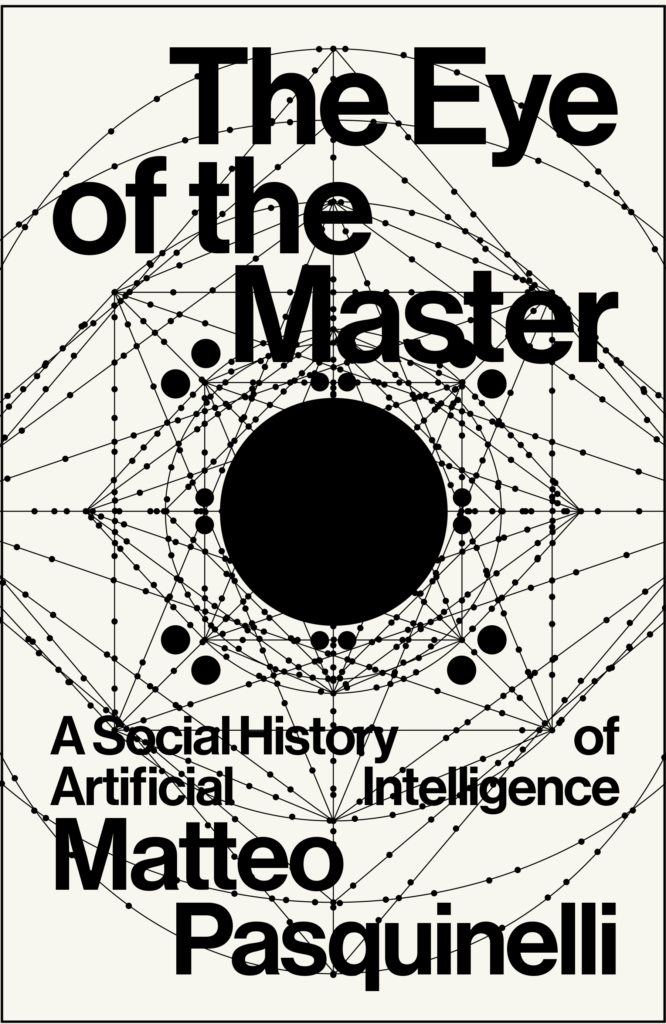
Matteo Pasquinelli, “On the Origins of Marx’s General Intellect”, Radical Philosophy, 2.06, winter 2019. +PDF
French translation by Stephen Bouquin and Antonella Corsani, “Sur les origines du General Intellect de Marx”, Les Mondes du Travail, n. 24-25, Nov. 2020. +PDF
The general intellect of the whole community, male and female, is stunted or perverted in infancy, or more commonly both, by keeping from women the knowledge possessed by men. […] The only and the simple remedy for the evils arising from these almost universal institutions of the domestic slavery of one half the human race, is utterly to eradicate them. Give men and women equal civil and political rights. — William Thompson, An Inquiry Into the Principles of the Distribution of Wealth, London, 1824.
It is nearly twenty years since the first impulse was given to the general intellect of this country, by the introduction of a new mechanical system for teaching reading and writing, by cheaper and more efficacious methods than those previously in use. […] The public mind has infinitely advanced: in despite of all the sneers at the phrase of the ‘march of intellect’, the fact is undeniable, that the general intellect of the country has greatly progressed. And one of the first fruits of extended intelligence has been the conviction, now fast becoming universal, that our system of law, so far from being the best in the world, is an exceedingly bad one; and stands in the most pressing need of revision and reform. — The London Magazine, 1828.
The development of fixed capital indicates to what degree general social knowledge has become a direct force of production, and to what degree, hence, the conditions of the process of social life itself have come under the control of the general intellect and been transformed in accordance with it. — Karl Marx, Grundrisse, 1858.

